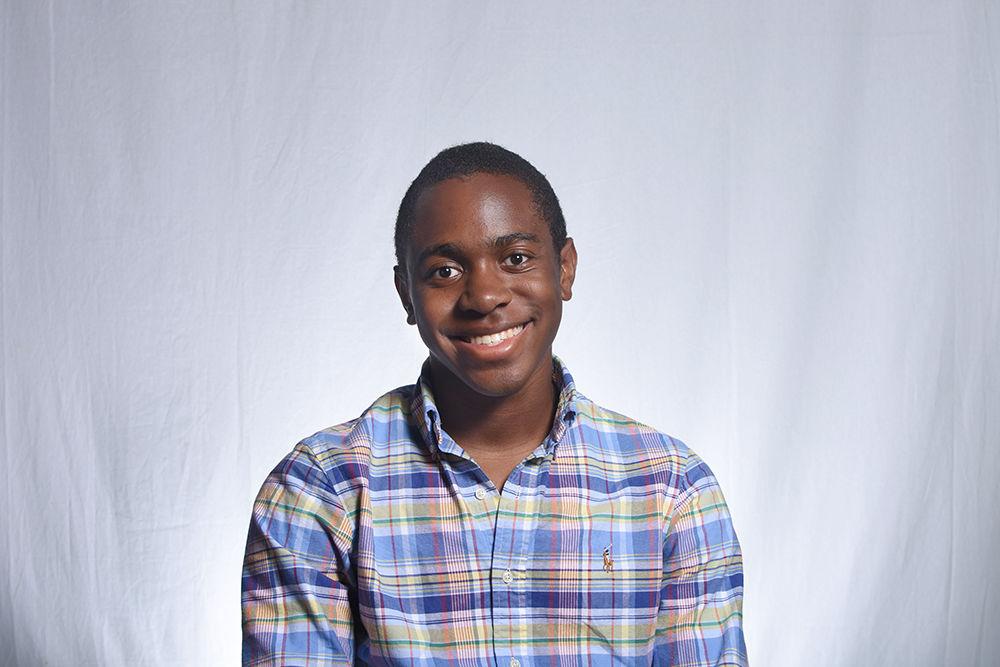On Oct. 15, the mayoral runner-up candidate, Charles Francis, declared that he would call for a runoff election against the incumbent, Nancy McFarlane. In doing so, Francis accepted the will of his constituents by continuing his bid to shape Raleigh in his direction. The election will be held between the two candidates, removing Paul Fitts from the race.
Due to her only receiving 48.45 percent of the vote, Nancy McFarlane (I) was not able to secure a victory on the Oct. 10 election. Charles Francis (D) collected 36.67 percent of the vote, and Paul Fitts (R) received 14.76 percent of the vote.
By continuing his pursuit to become mayor, Francis is giving his supporters and like-minded voters another opportunity to elect the change they want to see in Raleigh. His continued presence in the race allows for the voice of his fairly unique group of constituents to be heard.
If past is prologue, then the runoff election should have substantially higher voter turnout. In the mayoral election of 2001, turnout increased by 10,000 more total votes and it led to the defeat of the incumbent mayor Paul Coble. The gap between Francis and McFarlane is a lot broader than the previous runoff election – Coble having 49.15 percent and Meeker, who dethroned him, carrying 47.65 percent – but the potential for an upset could still be there.
According to The News & Observer, the two front-running candidates “essentially split votes down the middle of the city, with McFarlane winning the west and Francis winning the east.” The race was split not only in terms of geography, but also income and race; all of which coincide with one another.
The precincts that Francis had the most success in were those within southeast Raleigh. Winning more than 85 percent of the vote in some these precincts, Francis decisively earned the minority vote in the region. Black voter turnout increased from 7 percent in the last mayoral election to 11 percent in this one.
Francis’s ability to resonate with the population in these parts of Raleigh shows that there is something to his policy rhetoric that McFarlane does not have. The glaring conclusion to make would be the race difference between candidates allowed for Francis’s sweeping win over southeast Raleigh; however, it would be naive at best, and moderately racist at worst to say that this was the only reason this segment of the electorate had for voting for Francis.
PolitiFact attributes his vast success in southeast Raleigh to him campaigning on the notion that McFarlane is not doing enough to help the region. A message like this striking with the community so much indicates that the voters there seemed to agree with Francis’ critique of McFarlane. The runoff election gives more people in southeast Raleigh the chance to voice their opinions about the current state of governmental affairs.
Even if Francis loses, the voters still have a chance to influence McFarlane’s platform by cementing their position as a consequential voting bloc. A low enough turnout in the area for her would show McFarlane that she has neglected the needs of the people in southeast Raleigh.
On Nov. 7, voters will have the chance again to express which candidate is the better fit for them, their region and Raleigh as a whole. Eager voters can cast their ballots ahead of time once again through early voting which will start on Oct. 19. As always, it is strongly encouraged to carve out some time in your schedule to participate in this electoral process.














